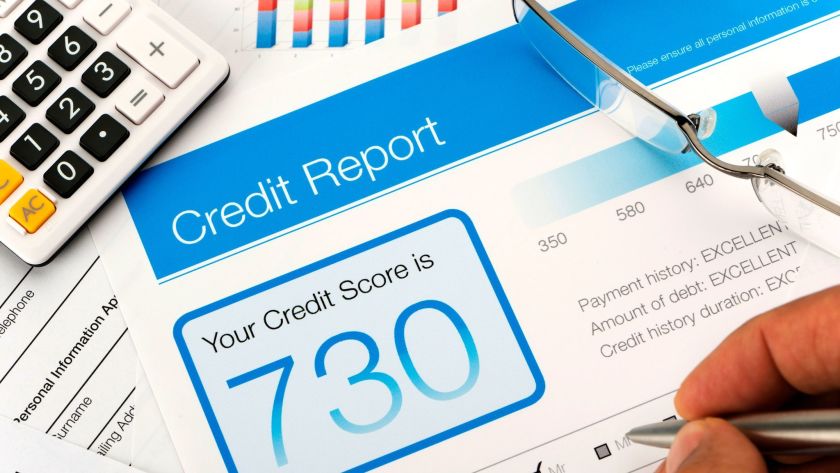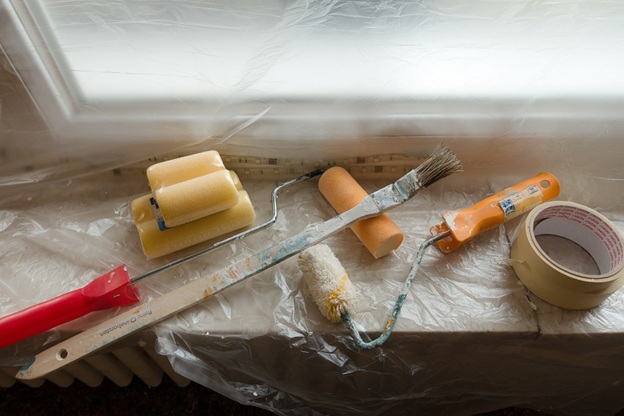For seniors looking for a new venture, house flipping offers a compelling blend of creativity…

If you’re thinking about buying a home, check your credit report before you apply for a home loan. The first thing any lender will do when they talk to you is pull your financial history so they can evaluate your credit worthiness. So, stay smart and pull your own report first, before you find your dream home.
Buying a home is not usually a quick process. Taking time to get your finances in order before your begin will get you on the right track to finding your perfect spot. It takes time to build a credit history and if it’s less than perfect, it will take time to repair it, too. Follow these quick steps to improve your credit score.
Check Your Credit Report For Accuracy
Before doing anything else, check your credit score. By federal law, you are entitled to one free credit report per year from each of the three credit reporting agencies. Additionally, you can request all your reports at one time, which is a good idea if you are just starting the task of checking and repairing your credit. It’s a good idea to check with each agency since they all collect information from creditors and you don’t want to miss any items that might affect your report.
Before starting your home search, go over each report with a fine-tooth comb to make sure the information reported is accurate. Things to look for include verifying your personal information is correct, including your name, date of birth, and social security number. Additionally, you should confirm that all accounts on the reports are accurate, including resolved accounts. But, it’s also incredibly important to confirm that you recognize every entry on your report. Make sure that everything on the report is yours and if it’s not, dispute the debt with all three agencies.
Now It’s Time To Improve Your Credit Score
If your report shows late payments, clean them up. Try to bring all your bills current, and then get organized. Start by making sure that you’re scheduling payment due dates around your payroll schedule. Set up revolving payments when you can and then make sure that funds are available to cover the payments when they’re due. If you have collection accounts on your report, contact the collector listed on your report and ask if they will stop reporting the debt if you make payment in full. If they agree, make sure that you get their agreement in writing before making the payment. Don’t forget to check your credit report 30-45 days after paying the account to confirm that the items no longer appear on your credit report.
Consolidate Balances
If you have balances on a number of credit cards, consider paying them off and using only one or two cards for your purchases. Paying down credit card debt will help in improving your credit score. The credit history of using and paying revolving credit balances adds to your credit age, and the stronger that payment history, the better it reflects on your credit score.
Pay All Bills On Time
The largest ingredient in your credit report is your every day, month-to-month management of paying bills. So that means all bills. Utilities, mortgages, car payments, credit cards, everything, including library dues! If you’re planning to save for a large purchase, don’t let yourself fall behind on small bills. Those monthly bills are the meat and potatoes of your credit and improving your credit score means staying on top of them all.
The Bottom Line
It’s going to take time to take control of your finances, and it’s not going to always be easy. Improving your credit score means you should check your credit report at least once per year so that you don’t fall behind. If you stumble, strive to reign in your finances and regain control. Focus on your spending habits like a laser and in good time, your credit score will pay you back with favorable opportunities!


